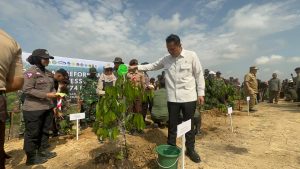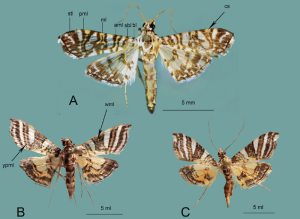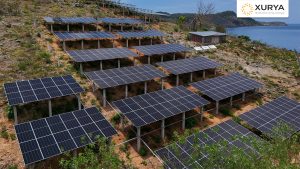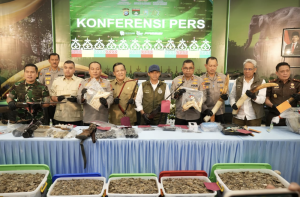Jakarta – Asian countries agree that regional collaboration is essential to accelerate the adoption of Carbon Capture, Utilization, and Storage (CCUS) technology as a solution to reduce emissions while maintaining industrial competitiveness. At the Asia CCUS Network (ACN) Forum 2025, held in Jakarta on September 10–11, 2025, participants from Asian countries expressed their belief that the decarbonisation of heavy industry and energy cannot be achieved without cross-border cooperation.
Now in its fifth year, the forum was initiated by the Economic Research Institute for ASEAN and East Asia (ERIA) together with strategic partners in the region. ERIA President Tetsuya Watanabe said that this forum provides momentum to strengthen regional synergy in the development of CCS and CCUS.
“More than 400 participants from government, industry, and academia attended. They discussed policy frameworks, business opportunities, and the latest innovations in carbon storage and reuse,” Watanabe said in a statement on Thursday, September 11.
He said that no single country can face this challenge alone. “The issues of CCS and CCUS require an unprecedented level of collaboration,” he said.
Indonesia offers geological potential and regulations
In his speech, Director General of Oil and Gas at the Ministry of Energy and Mineral Resources, Laode Sulaeman, highlighted Indonesia’s strategic position. “Our geological potential is enormous, coupled with supportive regulations. The government’s top priority is to ensure that CCUS not only reduces emissions, but also opens up investment opportunities, encourages innovation, and strengthens sustainable growth,” he said.
Japan’s Minister of Economy, Trade, and Industry, Yuji Muto, emphasised that CCUS is a key pillar of Japan’s Green Transformation (GX) strategy. “With CCUS, industrial competitiveness can be maintained while reducing emissions,” he said.
Muto said Japan aims to start commercial CCS operations in the early 2030s, with regulatory support such as the CCS Business Act and a pilot project in Tomakomai, Hokkaido.
Discussions in this forum also highlighted concrete initiatives, such as feasibility studies in Indonesia, CO₂ storage site assessments, and the development of carbon utilisation technologies. Speakers assessed that CCUS could quickly evolve from a mere concept into large-scale commercial projects if supported by investment, regulation, and regional cooperation. (Hartatik)
Banner photo: Image generated by OpenAI’s DALL·E via ChatGPT (2024)















